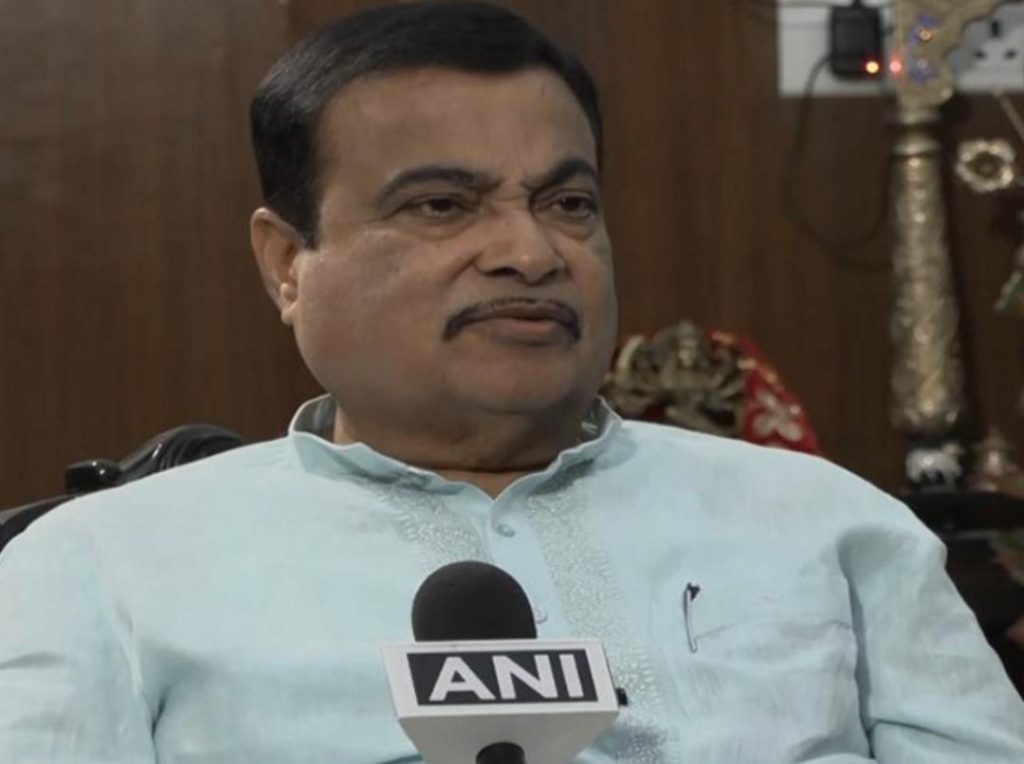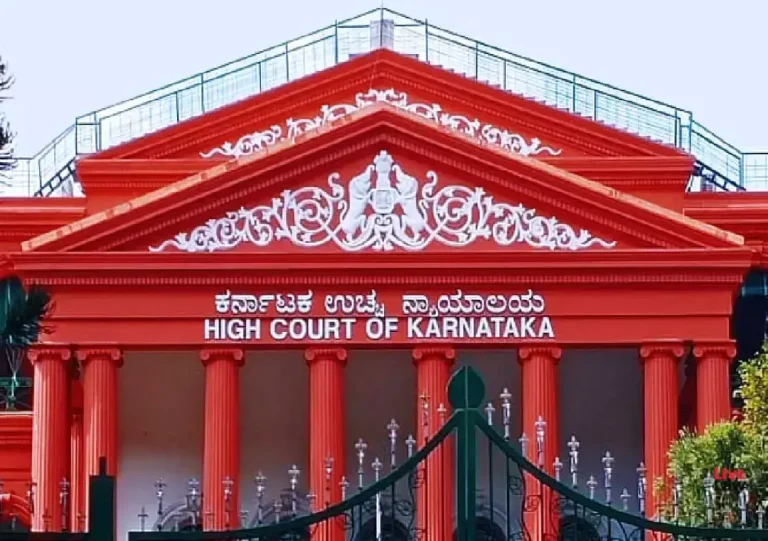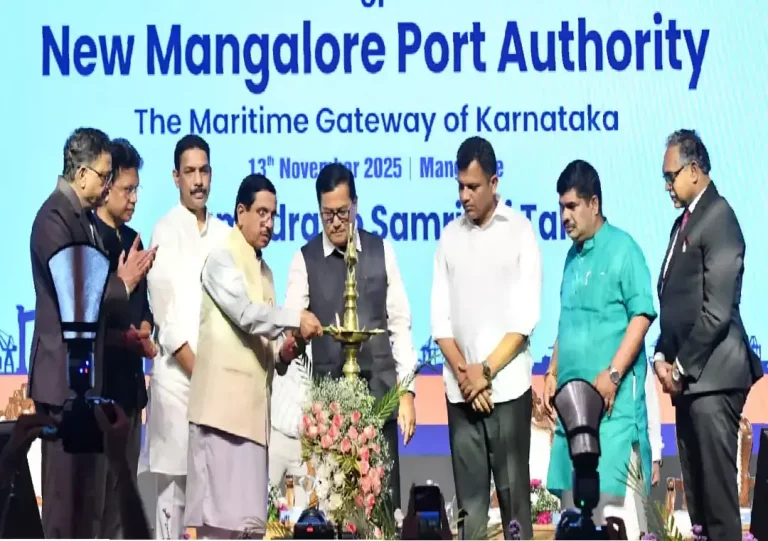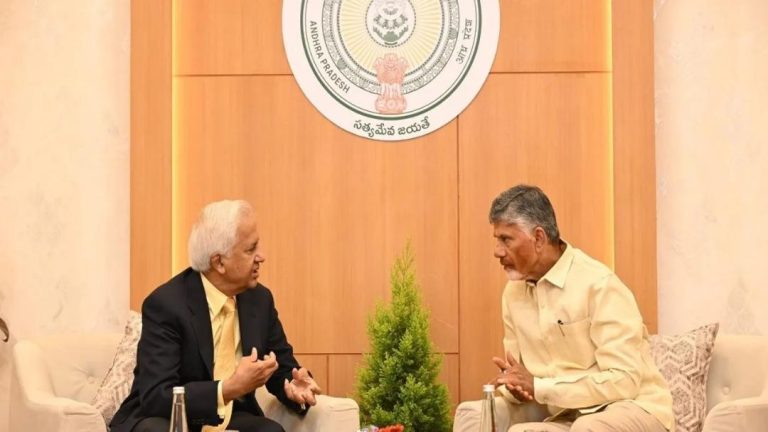
Pak Sponsors Terrorism Despite Facing Poverty, Starvation: Gadkari
In a scathing critique of Pakistan’s stance on terrorism, Union Minister Nitin Gadkari recently stated that the country is sponsoring terrorism despite facing severe poverty, starvation, and unemployment. This bold statement comes amidst the backdrop of rising tensions between India and Pakistan, particularly in the wake of the recent terrorist attack in Jammu and Kashmir’s Pahalgam region.
On April 22, a terrorist attack left 26 tourists dead, leading to widespread outrage and condemnation from all quarters. In response, the Indian government launched Operation Sindoor on May 7, targeting nine terror camps in Pakistan and Pakistan-occupied Kashmir (PoK). This military operation was aimed at eliminating the terrorist infrastructure and sending a strong message to Pakistan that such acts of terror would not be tolerated.
Gadkari’s remarks echoed the sentiments of many Indians who have long been critical of Pakistan’s duplicity on the issue of terrorism. Despite being a country plagued by poverty, starvation, and unemployment, Pakistan seems to have no qualms about financing and harboring terrorist organizations that perpetrate violence against innocent civilians.
“We’re against terrorism, and we’ve taken a strong stance against it,” Gadkari emphasized. “Operation Sindoor was our reaction to the killing of innocent people. We will not let terrorism go unchecked and will take all necessary measures to protect our citizens.”
Pakistan’s history of supporting terrorism is well-documented. From providing safe havens to terrorist organizations like Lashkar-e-Taiba and Jaish-e-Mohammed to providing financial and military support to these groups, Pakistan has consistently played a double game when it comes to terrorism.
The recent terrorist attack in Pahalgam is just the latest example of Pakistan’s willingness to use terrorism as a means of achieving its political and strategic objectives. The attack was carried out by terrorists who infiltrated from across the border, highlighting the porous nature of the Line of Control (LoC) and the need for stronger measures to secure the border.
Pakistan’s poverty, starvation, and unemployment are no excuse for its continued sponsorship of terrorism. In fact, these very problems could be addressed if Pakistan were to redirect its resources and energies towards building a more stable and prosperous society.
Instead, Pakistan seems to be perpetuating a cycle of violence and hatred, using terrorism as a means of distracting its citizens from their economic woes and political instability. This is a dangerous game that threatens not just regional peace and stability but global security as well.
Gadkari’s remarks have sparked a heated debate in India, with many calling for stronger measures to be taken against Pakistan to prevent further terrorist attacks. Others have criticized Gadkari’s comments, arguing that they are overly harsh and may escalate tensions between the two countries.
However, it is clear that Pakistan needs to take immediate and drastic action to address its role in sponsoring terrorism. This includes dismantling terrorist infrastructure, arresting and prosecuting terrorist operatives, and taking concrete steps to prevent the infiltration of terrorists across the border.
In conclusion, Pakistan’s continued sponsorship of terrorism despite facing poverty, starvation, and unemployment is a stark reminder of the country’s duplicity and lack of commitment to regional peace and stability. It is high time for Pakistan to take responsibility for its actions and work towards building a more peaceful and prosperous society.






